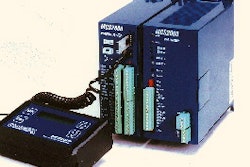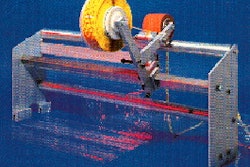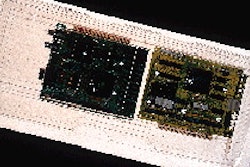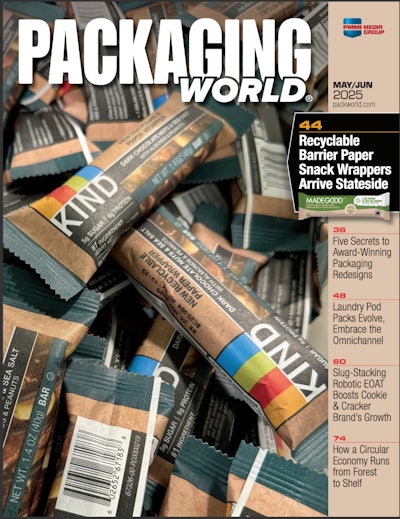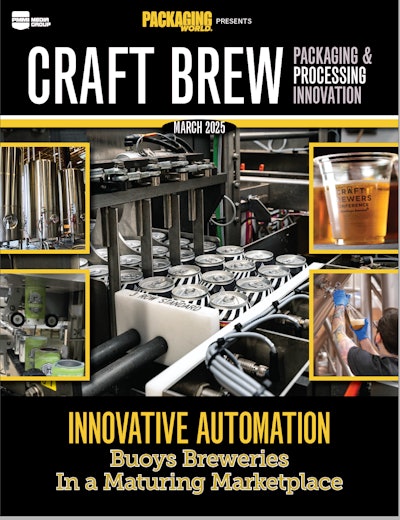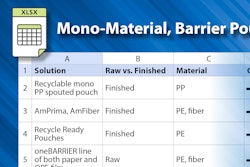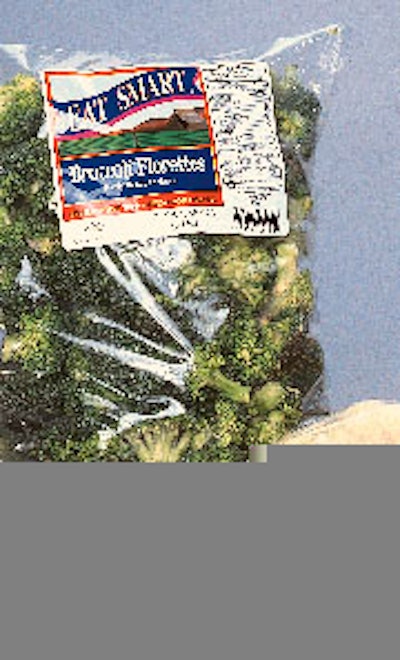
But at lower temperatures, when less oxygen is needed, permeability automatically decreases. Unlike semi-permeable films for respiring produce, which typically allow CO2 out and O2 in at a 1:1 ratio, this new technology is said to maintain CO2/O2 ratios of anywhere from 18:1 to 1.5:1, depending entirely on what the specific produce requires. The gases will enter and exit at a predetermined ratio that maintains an optimal atmosphere. This new polymer technology is not intended to be a substitute for good temperature control but rather a solution to temporary and unexpected breaks in the cold chain during distribution and/or display. The polymers are applied as a coating to a substrate that Landec chooses not to identify. The coated substrate is cut into small patches roughly 2" x 2" and then applied to a bag by a hot-stamping system incorporated into the bag-making process. The patch covers several holes that are cut into the bag material through which gases enter and exit. While Fresh Express Farms of Salinas, CA, has been using Intellipac technology for portions of its foodservice business since 1995, Apio is the first to use the technology at the retail level. In its Eat Smart merchandising and distribution program, Apio hand-packs three-lb portions of broccoli or cauliflower florets in three-side-sealed bags carrying the Landec patch and heat-seals them closed. The 2-mil low-density polyethylene bags are packed six per case and shipped to both supermarkets and club stores in refrigerated trucks. No longer does Apio require ice for these boxes, significantly reducing weight and improving handling. Upon arrival at the club store, back room personnel remove the bags from their cases and place them in a refrigerated display beside the other fresh-cut packaged foods. At supermarkets, however, the bags never make it to the consumer. The florets are emptied into a special bulk bin built right into the produce section. "It's a new way to merchandise value-added produce to consumers," says Landec sales and marketing director Lynn Biggs. At press time Apio wouldn't comment on the comparative economics of its new packaging program, nor would the firm describe consumer response.

